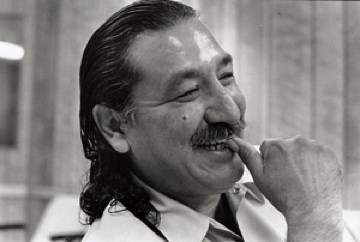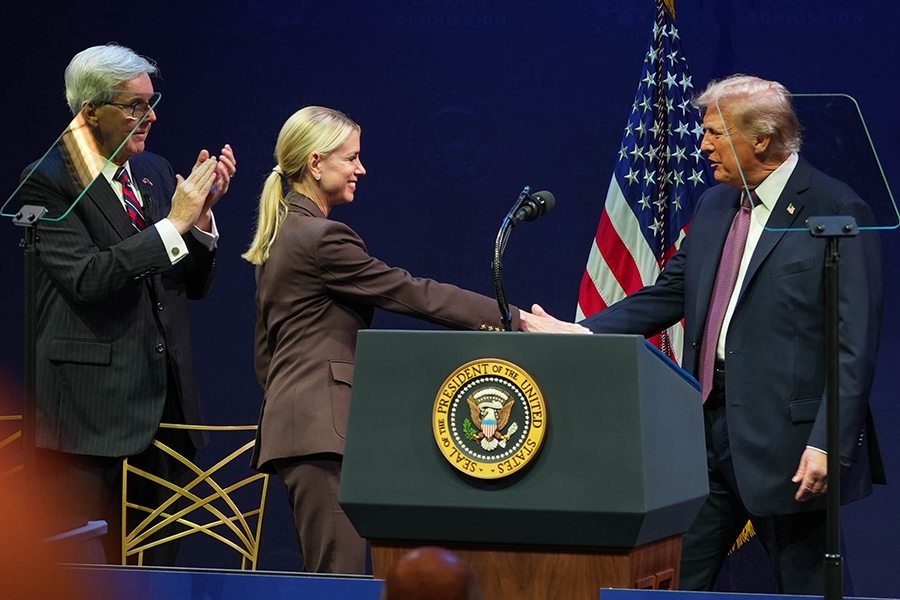By Steve Neavling
Indigenous activist Leonard Peltier is set to return home after spending nearly 50 years behind bars for the 1975 deaths of two FBI agents.
President Biden commuted his sentence Monday, following decades of advocacy from those who see his case as emblematic of the U.S. government’s mistreatment of Native Americans, the Associated Press reports.
The White House announced that Peltier, now 80 and in poor health, will move to home confinement. While the commutation does not absolve him of the charges, some of Peltier’s supporters saw it as a victory, as he has consistently declared his innocence.
However, Biden’s decision, made just as his term ended, drew backlash from law enforcement officials who continue to assert Peltier’s guilt.
The National Congress of American Indians hailed the move as “historic,” saying in a release that the case “has long symbolized the systemic injustices faced by Indigenous Peoples.”
Former FBI Director Christopher Wray opposed the president’s decision. In a private letter obtained by The Associated Press, Wray described Peltier as “a remorseless killer” and warned Biden against granting clemency.
“Granting Peltier any relief from his conviction or sentence is wholly unjustified and would be an affront to the rule of law,” Wray wrote in the letter.
Peltier was a member of the American Indian Movement, a group established in the 1960s to combat police violence and address discrimination against Native communities.
The movement gained national attention in 1973 during the 71-day occupation of Wounded Knee on the Oglala Lakota Nation’s reservation in South Dakota, where federal agents faced off against AIM activists.
In the years since, Peltier has acknowledged being at Pine Ridge on June 26, 1975, when two FBI agents arrived to serve arrest warrants during ongoing clashes over treaty rights and Native sovereignty. He also admitted firing a weapon during the incident. Agents Jack Coler and Ronald Williams, who were wounded in the initial exchange of gunfire, were later killed at close range, according to the FBI. AIM member Joseph Stuntz also lost his life in the confrontation.
After fleeing to Canada, Peltier was extradited to the U.S. and convicted in 1977 of first-degree murder for the agents’ deaths. His defense team argued that evidence had been tampered with during the trial, but the jury found him guilty, sentencing him to life in prison.
Two other AIM members involved, Robert Robideau and Dino Butler, were tried separately and acquitted.
Peltier’s parole request was rejected as recently as July, leaving him ineligible for another hearing until 2026.






